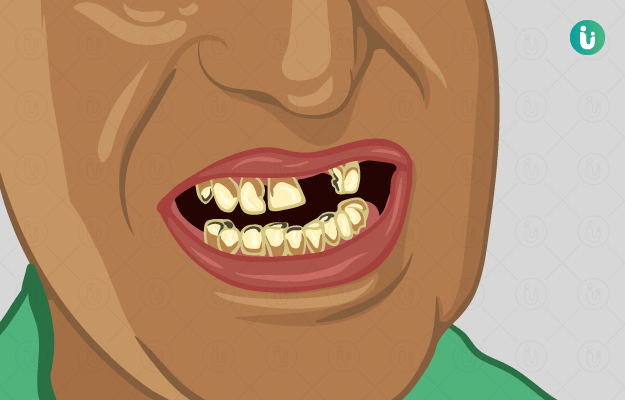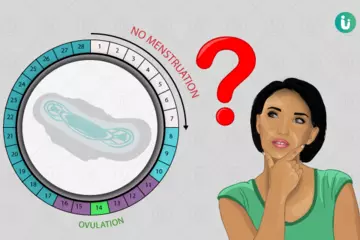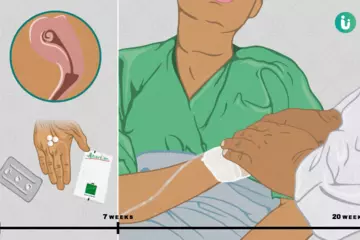What is scurvy?
Scurvy is a condition caused by a prolonged deficiency of ascorbic acid, commonly called vitamin C. Vitamin C is essential for the formation of collagen, which plays a crucial role in the supportive and structural function of blood vessels and other tissues of the body. Though uncommon today, this deficiency manifests as general weakness, anaemia, gum diseases and skin haemorrhage. Vitamin C is also an important antioxidant.
What are its main signs and symptoms?
Symptoms of scurvy may vary from person to person.
Early symptoms include:
- General weakness and feeling unwell.
- Fatigue.
- Nausea.
- Diarrhoea.
- Fever.
- Myalgia (muscle pain) and joint pain.
- Loss of appetite.
- Hair follicles show pinpoint bleeding on the skin.
- Aching limbs.
Late symptoms include:
- Anaemia.
- Gum disease.
- Bulging eyes.
- Scaly, dry and brownish skin.
- Slow healing of wounds.
- Skin haemorrhages.
- Dry and damaged hair with extensive hair loss.
- Swelling of arms and legs caused by internal bleeding into the joints and muscles.
- Retardation of bone growth.
What are the main causes?
Scurvy is more commonly found in underdeveloped countries where malnutrition is a major problem.
Scurvy is caused by a diet which lacks an adequate amount of vitamin C.
Risk factors include:
- People with inadequate diet, especially fussy eaters, people with anorexia nervosa, elderly, children, people with mental and physical disabilities, people on specific diets or food fads or allergy diet.
- People who have certain underlying medical conditions, such as malabsorption disorders, severe dyspepsia, people on dialysis, inflammatory bowel disease, and others.
- Smoking and alcohol abuse.
- Malnutrition.
How is it diagnosed and treated?
Scurvy is diagnosed on the basis of medical history, physical examination and symptoms.
History of a vitamin C-deficient diet is also assessed.
Investigations include:
- Blood test to measure vitamin C and iron levels.
- X-ray of the joints of the arms and legs.
Diagnosis is confirmed when a person responds well to a vitamin C-rich diet with reduced symptoms.
Treatment involves vitamin C substitution. Your doctor will prescribe vitamin C supplements. Dietary modifications include incorporating vitamin C-rich food items in your diet. This can greatly reduce the symptoms. Papaya, lemons and oranges are rich in vitamin C.
Underlying medical conditions and aggravating factors need to be addressed promptly.

 Doctors for Scurvy
Doctors for Scurvy  OTC Medicines for Scurvy
OTC Medicines for Scurvy



















